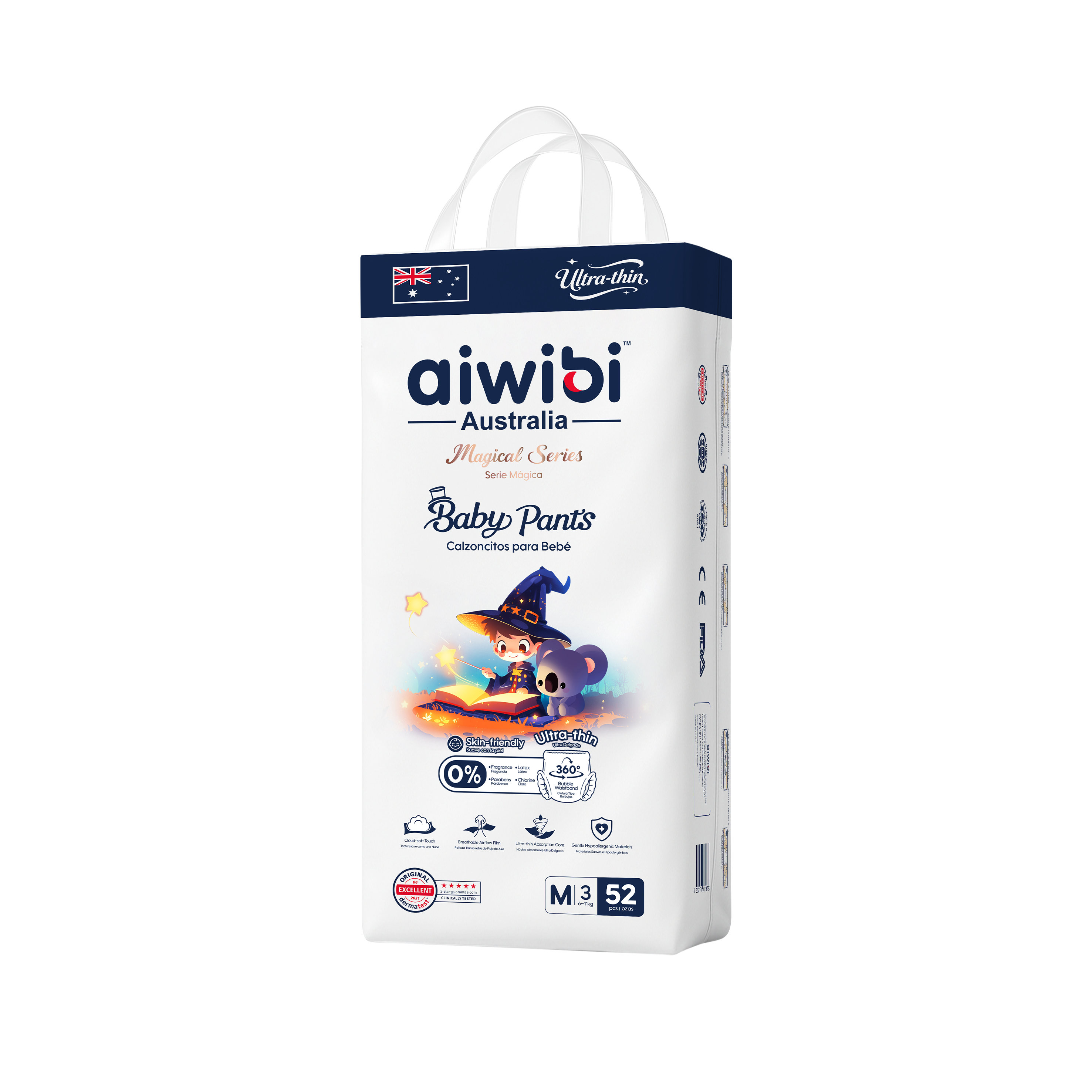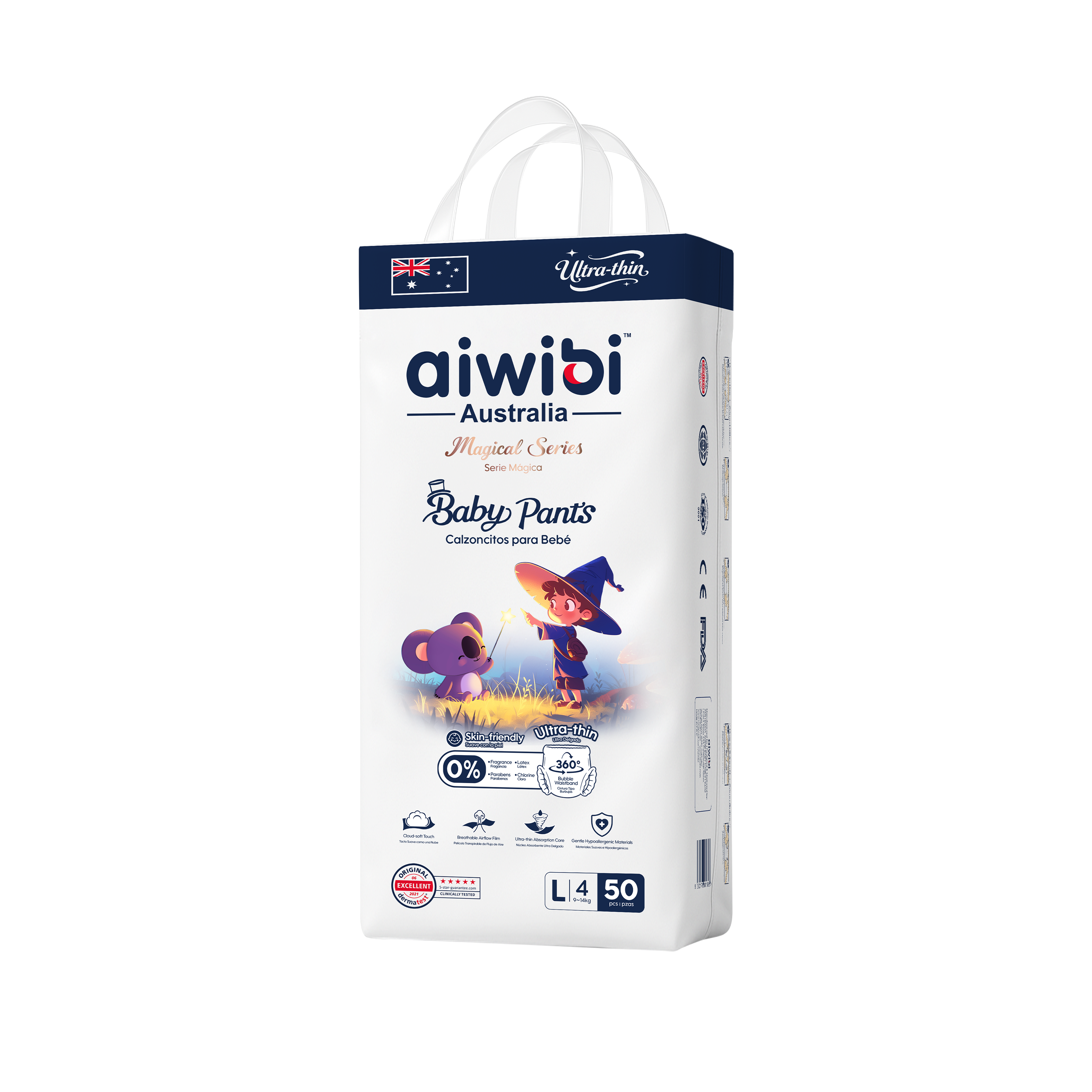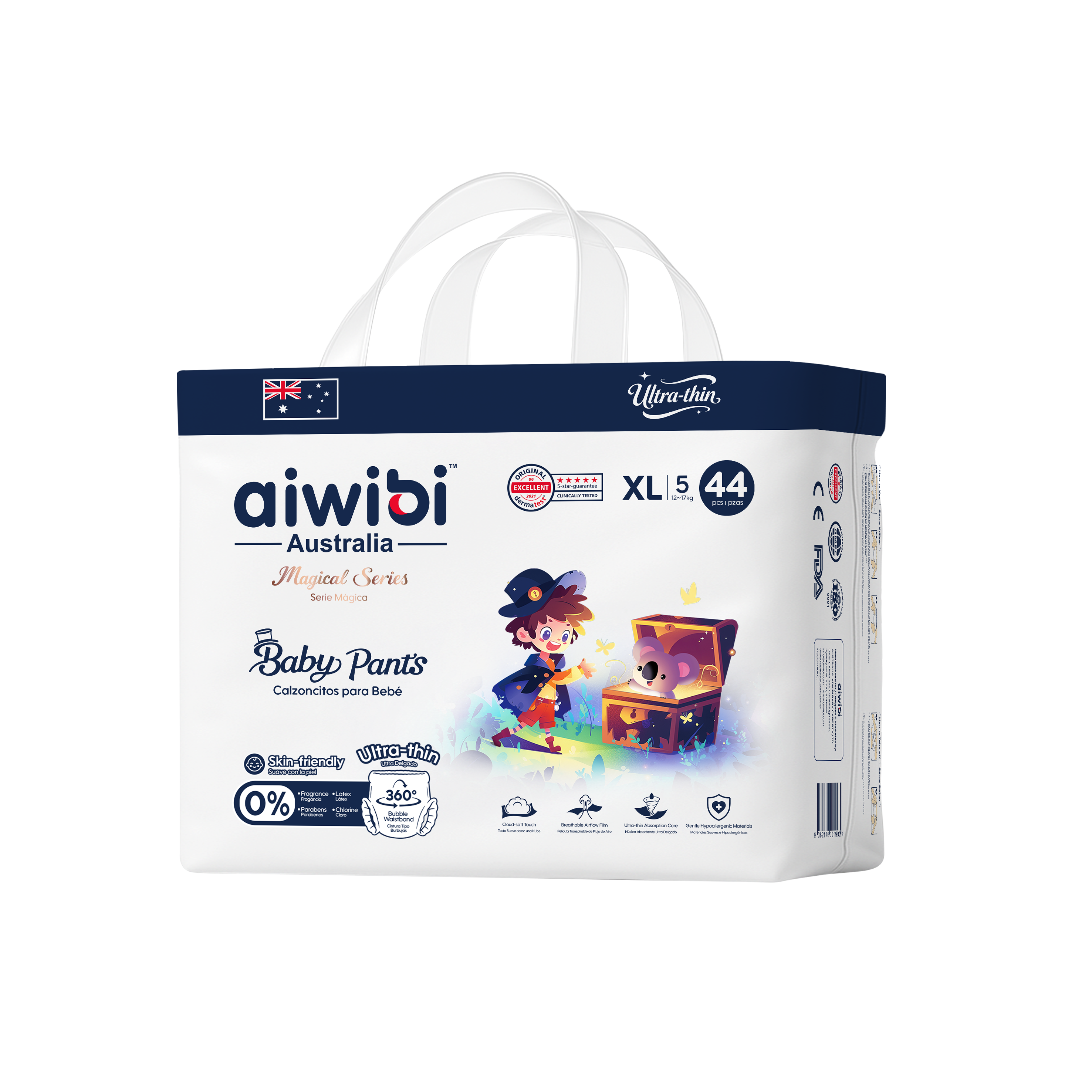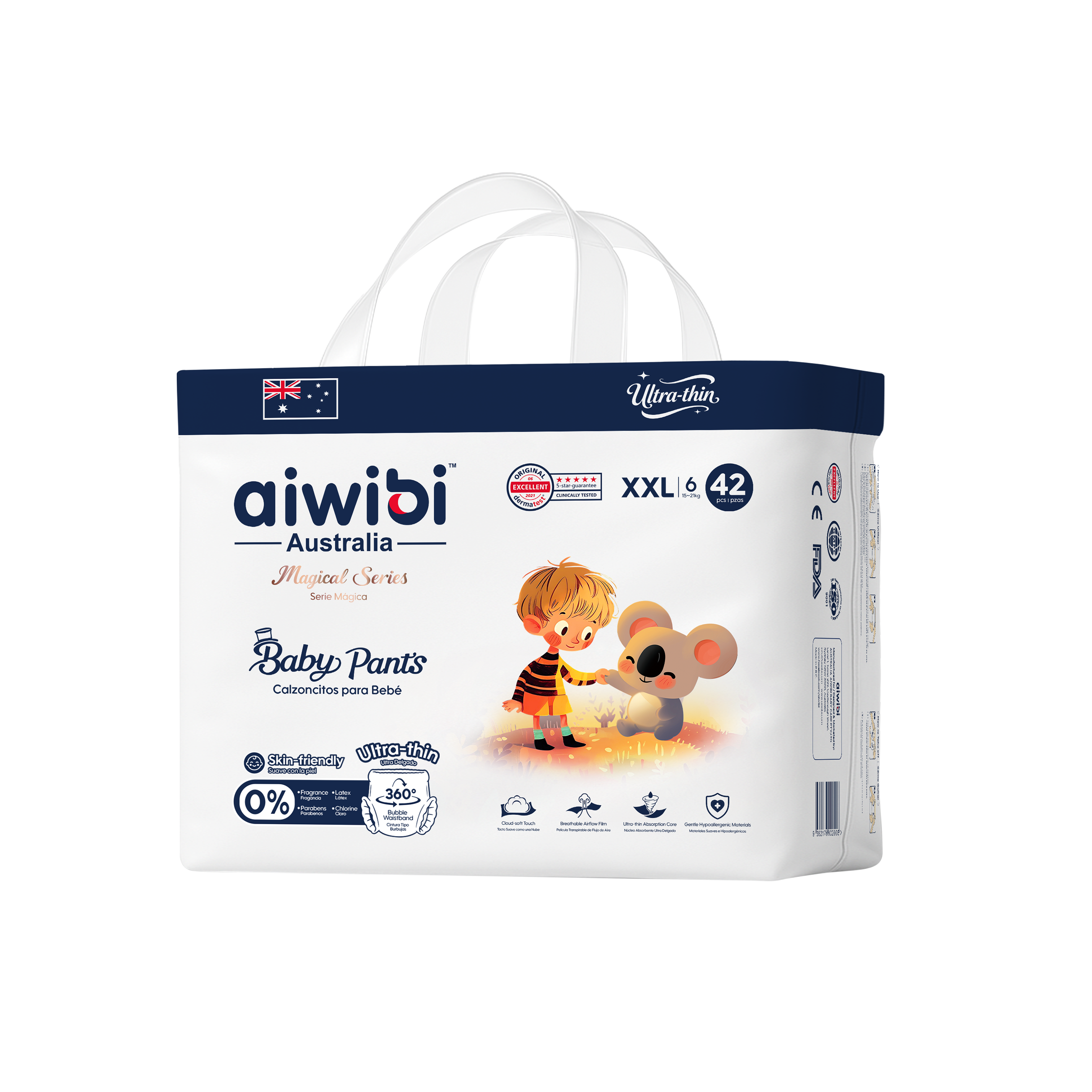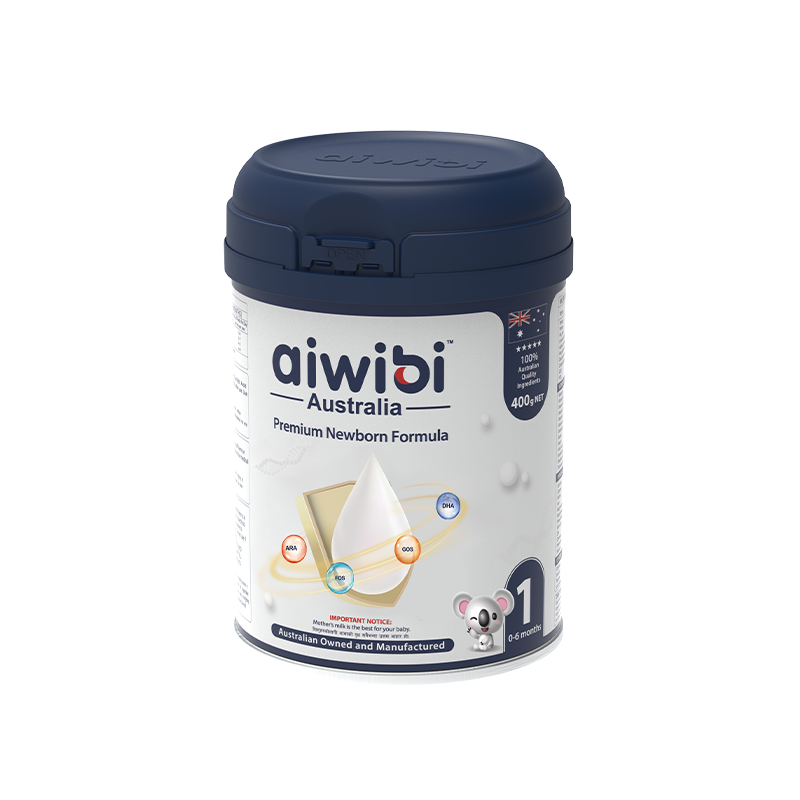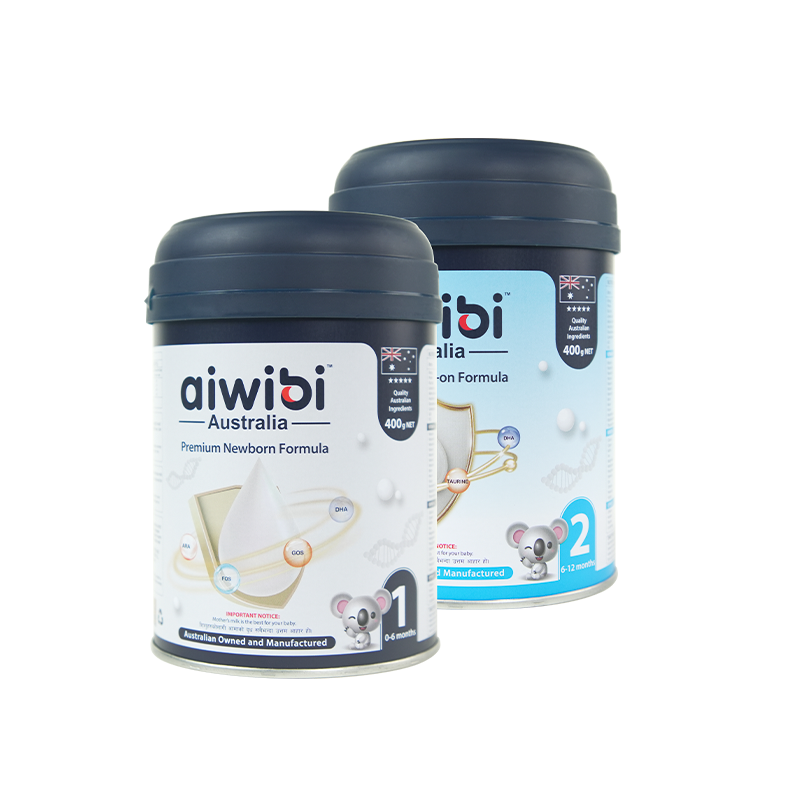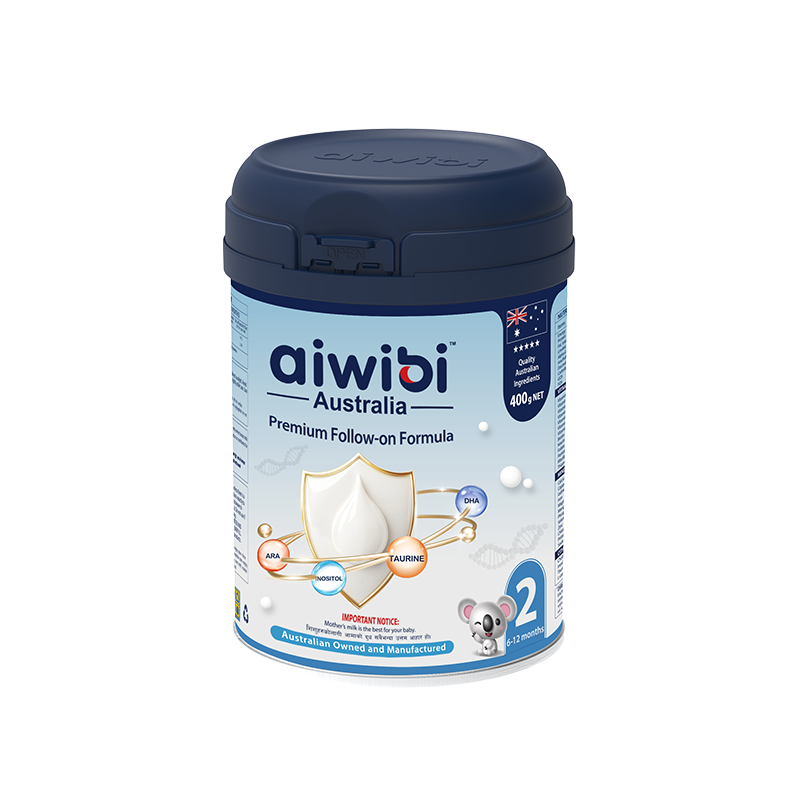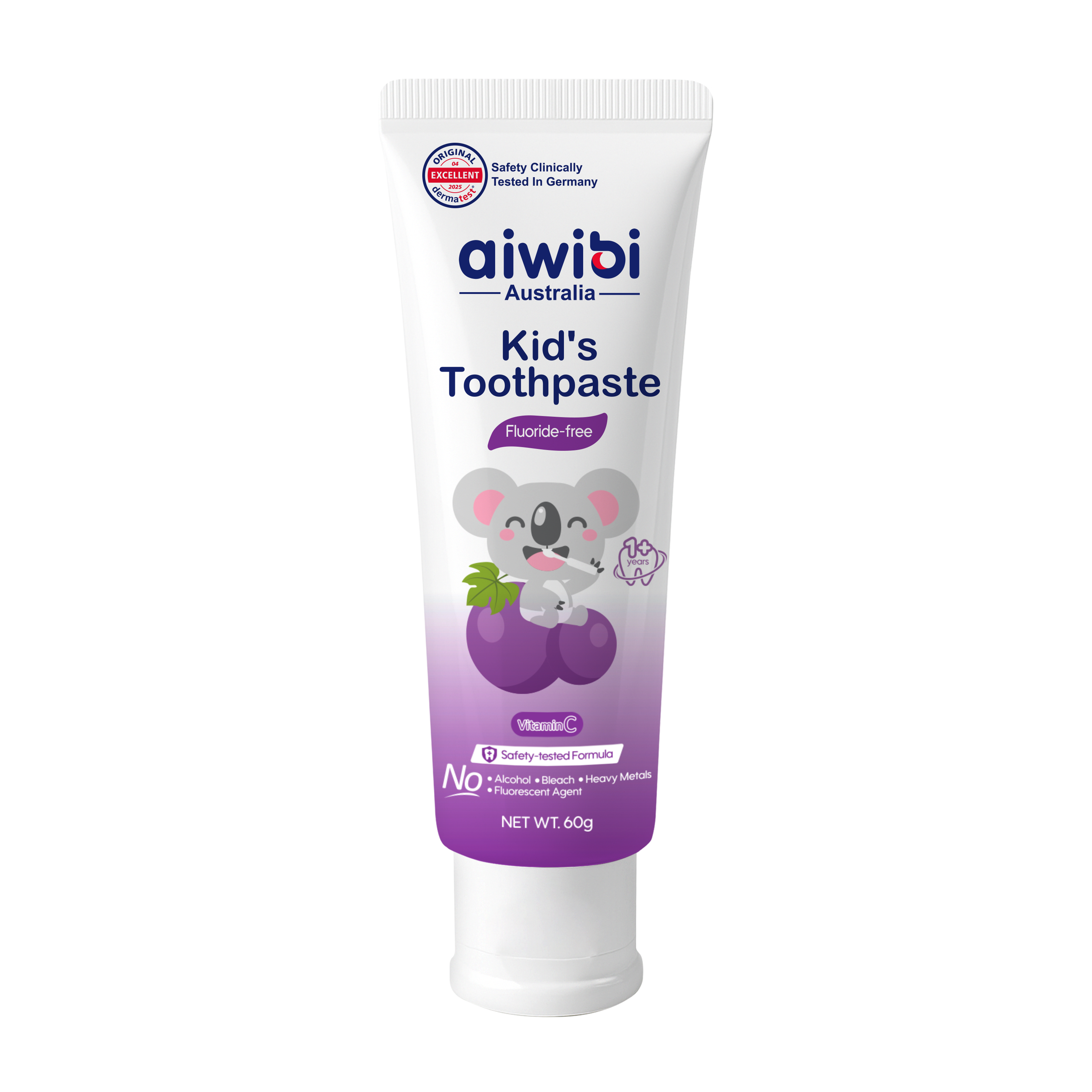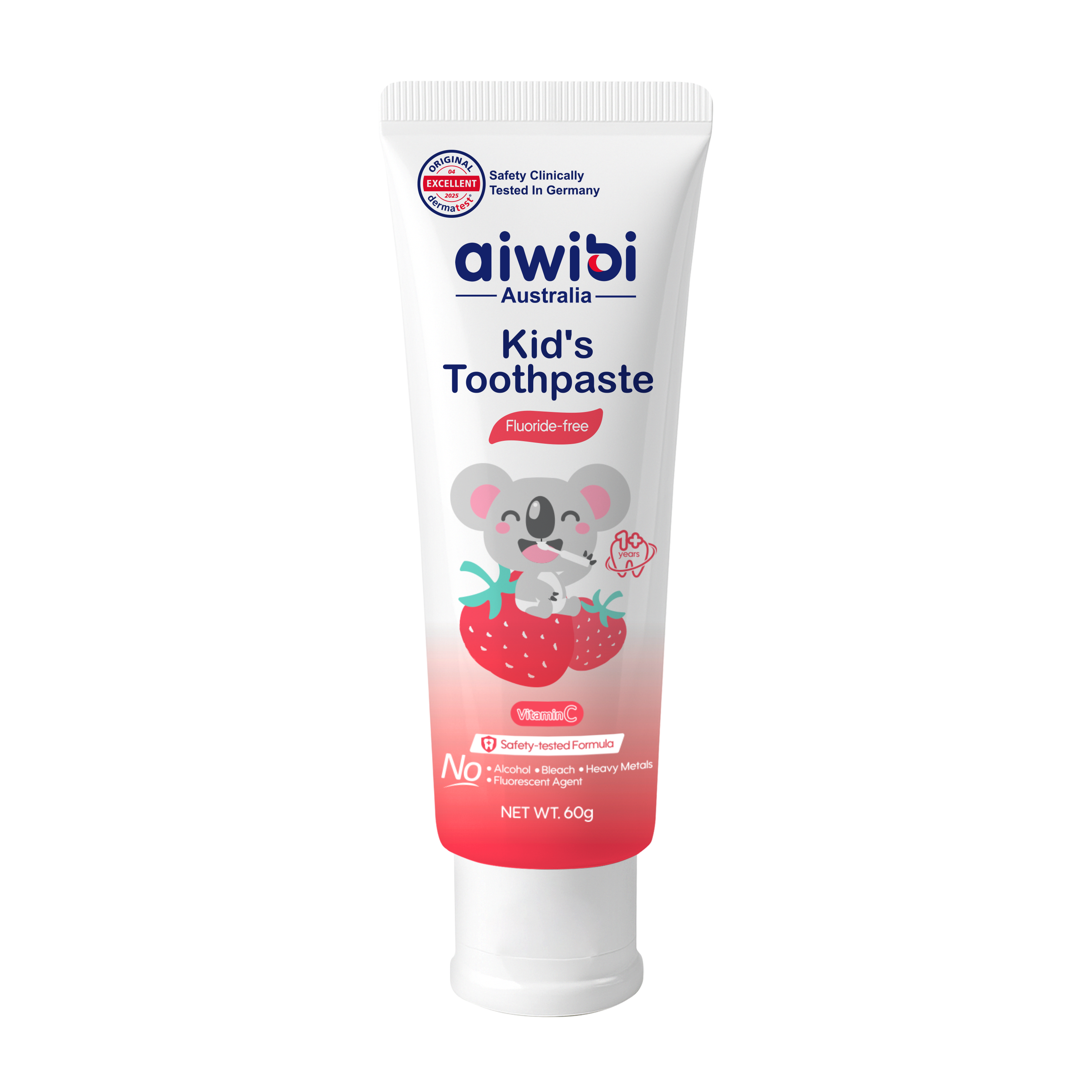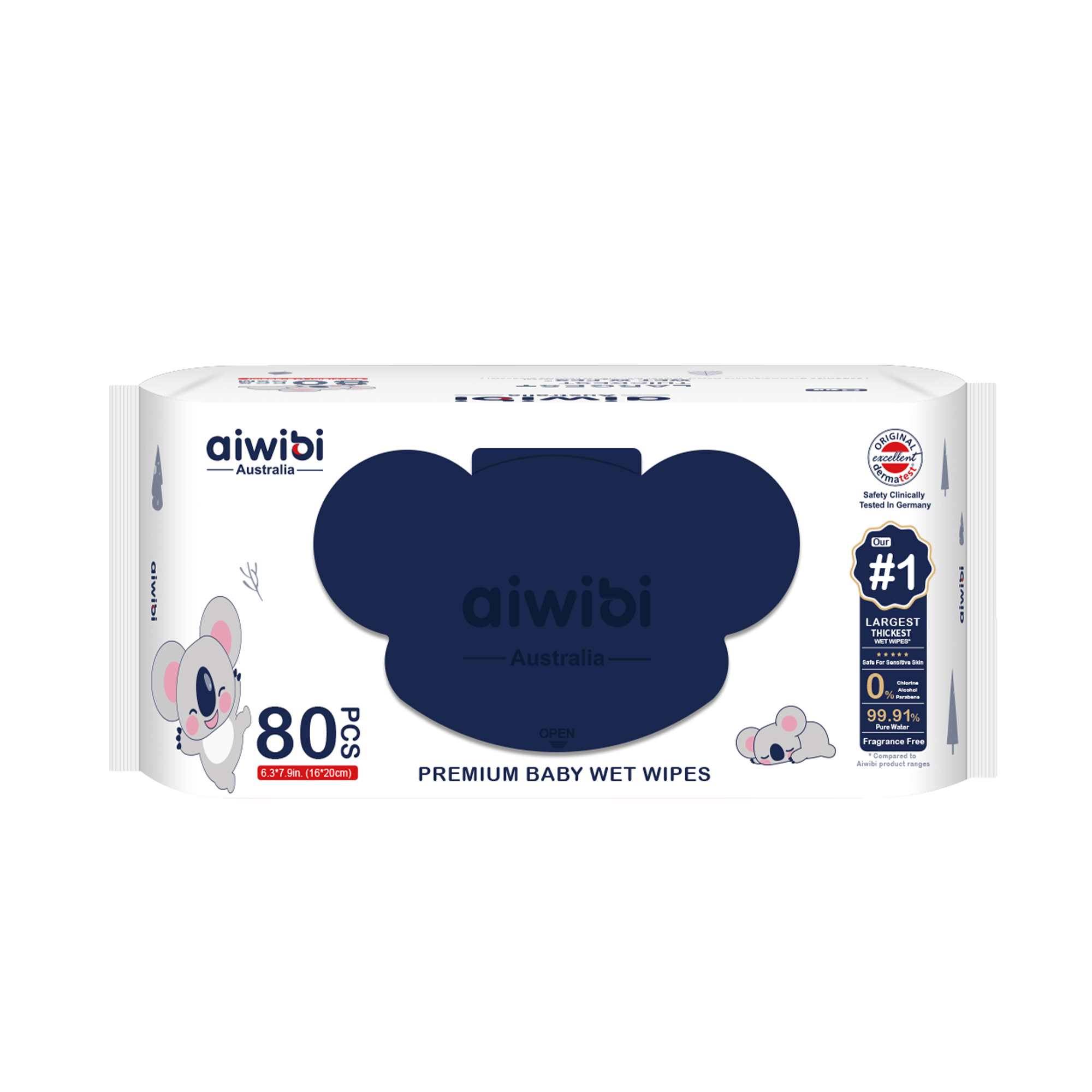Caring for a little one, especially when they develop diarrhea, can indeed be a source of anxiety for new parents. But rest assured, with this guide, you will be able to handle it with confidence and calm. We will help you distinguish if your baby truly has diarrhea, understand common causes, recognize warning signs, and learn effective care methods, allowing you to care for your baby with peace of mind and without excessive worry.
Baby Diarrhea vs Normal Poop
True diarrhea has several clear signs:
- A sudden "peak" in bowel movements: For example, if your child usually has 3-4 bowel movements a day, and suddenly it increases to 8-10 times, and each time you change their diaper, it feels like opening a tap.
- Significant change in stool consistency: From their usual soft stool to a consistency similar to scrambled egg soup, or even expelled like a fountain, with a sour and unusual smell.
- Urinary output alarm: If you notice your baby's urine output has significantly decreased, or your baby cries without tears, this could be a serious sign of dehydration.
What's Normal for Baby Poop?
It's important to remember that a baby's poop can vary!
Breastfed babies often have very soft, even runny, yellow stools, sometimes with small, seed-like bits. This is perfectly normal and healthy.
The color and consistency can also change depending on what your baby (or you, if breastfeeding) has eaten.
When in doubt, always observe your baby's overall behavior. If they're happy, playful, and feeding well, it's often nothing to worry about. But if you see any of the diarrhea signs, especially decreased urine, it's best to consult your pediatrician.
What Cause Baby Diarrhea
An infant's digestive system is very delicate and sensitive. Common causes of diarrhea include:
- Gastrointestinal infections: Rotavirus or norovirus are common culprits, especially when babies start exploring the world and tend to put things in their mouths.
- Dietary changes: When babies transition from breast milk to solids, their digestive system needs time to adapt to new foods, which may lead to temporary indigestion. If a breastfeeding mother suddenly changes her diet (e.g., eats a lot of spicy food or dairy products), it can also affect the baby through breast milk, but this is usually temporary.
- Lactose intolerance: Some infants lack the enzyme to digest lactose, leading to poor breakdown of lactose in breast milk or formula.
- Antibiotic effects: While antibiotics kill harmful bacteria, they can also inadvertently harm beneficial gut bacteria.
- Other factors: Teething, sudden weather changes, and even over-excitement can lead to diarrhea in babies.
Observing the color and consistency of your baby's stool can provide important health clues.

When Should You Be Concerned About Baby Diarrhea?
Besides stool, also pay attention to your baby's overall state:
- Changes in crying patterns: From normal crying to low moaning, unable to be comforted even with a hug.
- Lack of interest in breast milk: Even refusing breast milk they usually like.
- Sleep disturbances: Excessive sleepiness or unusual irritability, difficulty falling asleep.
- Abdominal changes: Baby grimaces or shows pain when the abdomen is lightly pressed.

The Most Dangerous "Red Flag Alarms":
When any of the following symptoms appear, please seek immediate medical attention:
- Significantly reduced urine output: Diaper is dry for 4-6 hours.
- No tears when crying: Like a "little fountain" has dried up.
- Sunken fontanelle: The "soft spot" on the head suddenly appears sunken.
- Poor skin elasticity: Pinching the skin on the back of the hand slowly returns to its original state.
Important Reminder: For infants under 3 months, health status can change quickly, so pay special attention. Premature infants or infants with chronic medical conditions are at higher risk. If diarrhea is accompanied by a high fever (over 38.5°C), seek immediate medical attention.
While most diarrhea resolves on its own, these "red flag alarms" remind you that your baby needs professional medical help! When observing abnormal stool, it is recommended to take photos (note colors under different lighting), record the smell, and observe if it is accompanied by fever or vomiting. If necessary, a clean, sealed diaper can be taken to the doctor for examination within two hours.
How to Care for a Baby with Diarrhea?
Hydration is Key!
The greatest risk of diarrhea is dehydration! Young children lose water and electrolytes very quickly, and dehydration is extremely dangerous. Therefore, the primary task in dealing with diarrhea is to ensure your baby is constantly well-hydrated!
-
Frequent water or milk feeding:
- Breastfed babies: Continue breastfeeding as long as your baby is willing! Breast milk is the best natural rehydration agent, rich in nutrients and easy to digest.
- Formula-fed babies: You can feed small amounts more frequently, for example, if they usually drink 120 ml each time, you can increase the feeding frequency and feed 60 ml each time.
- Babies who have started solids: They can drink small amounts of diluted apple juice (1:1 water and apple juice) frequently.
- Do not let your baby go hungry: Even with diarrhea, do not stop feeding breast milk or formula. Adequate nutrition helps your baby recover faster and prevents malnutrition.
-
Solid food choices (for babies who have started solids):
- Prioritize: Rice water, rice porridge, mashed banana.
- Temporarily avoid: Sweets, fruit juices (high sugar content), high-fiber vegetables, dairy products, greasy foods (high fat content).
Small tip: Why is apple not recommended, but mashed apple is? Pectin released from cooked apples helps stop diarrhea, and the fiber becomes soft and easy to digest, while reducing irritation to the intestines.
Making Anti-Diarrhea Apple Puree:
- Choose ripe apples (preferably pink apples like Golden Delicious).
- Peel and core.
- Steam for 15 minutes.
- Pass the fine fruit puree through a stainless steel sieve.
- No need to add sugar, feed directly to the baby.

Diaper Care During Diarrhea: Extra Meticulous!
During diarrhea, babies have frequent and loose bowel movements, which can severely irritate the delicate skin on their bottoms, potentially leading to diaper rash. At this time, careful care is crucial:
- After each bowel movement, wash your baby's bottom with warm water (do not wipe vigorously).
- Gently pat dry and apply a thick layer of zinc oxide diaper cream.
- Temporarily avoid using tight diapers and choose breathable disposable diapers.
Preventing Baby Diarrhea: Starting from the Details
Preventing childhood diarrhea starts with small daily details. Let's learn together:
- Frequent hand washing: Wash hands thoroughly with soap before touching the baby, after changing diapers, and when preparing food.
- Disinfection and cleaning: Disinfect baby bottles and utensils daily, and regularly clean toys.
- Breastfeeding: Breast milk is the best way to boost your baby's immunity. Simply clean your breasts with warm water before feeding.
- Introducing solids: Introduce gradually, adding only one new food at a time and observing for 2-3 days.
- Food hygiene: Wash and peel fruits; do not drink unpasteurized raw milk; solid foods should be prepared and eaten fresh, and not stored for more than 24 hours.
- Maintain comfortable temperature: Add or remove clothing for your baby according to the weather, paying special attention to keeping the abdomen warm.
- Timely vaccination: Such as rotavirus vaccine, which can effectively prevent infectious diarrhea.
- Keep the home clean: Regularly clean children's play mats and bedding.
- Isolate sick family members: If a family member has diarrhea symptoms, pay attention to isolation to prevent transmission to the baby.

Please remember, occasional diarrhea is no cause for excessive worry. If diarrhea persists or other abnormal situations occur, please consult a pediatrician immediately. Incorporating these preventive measures into daily life will help keep your baby's digestive system healthy.


